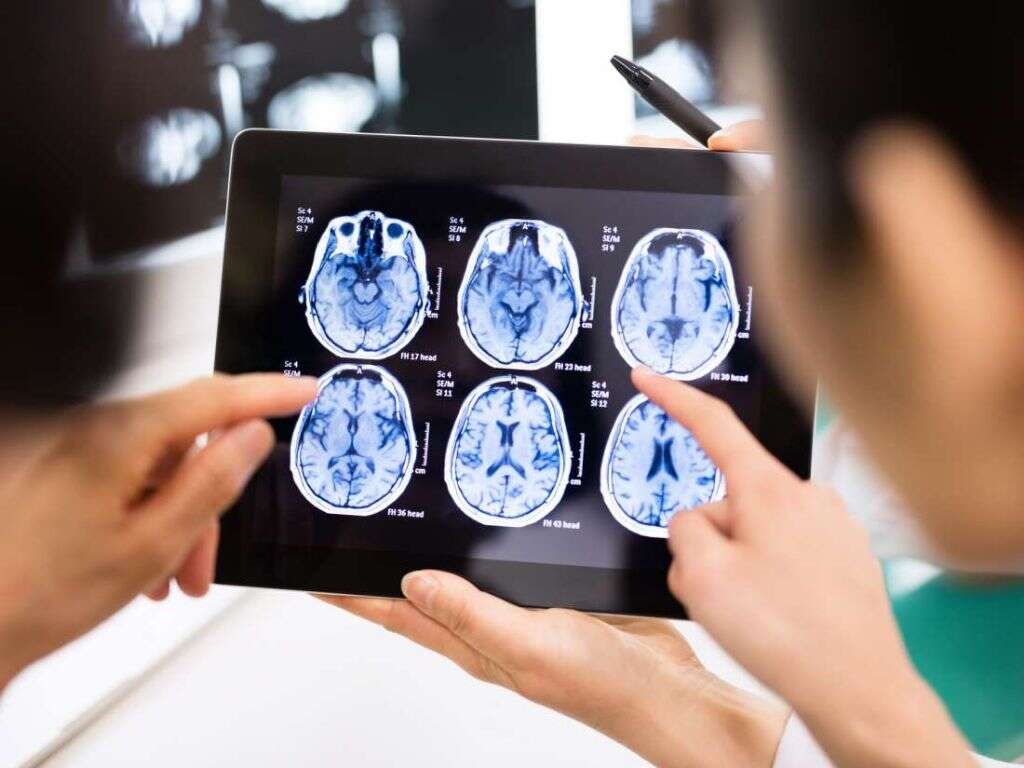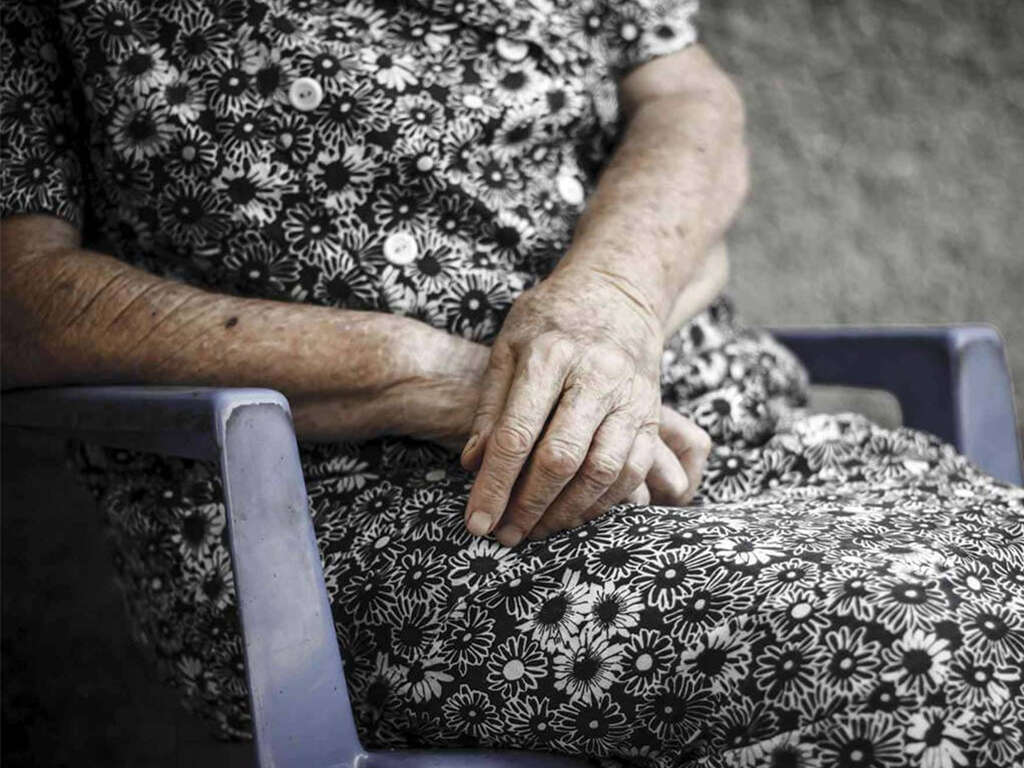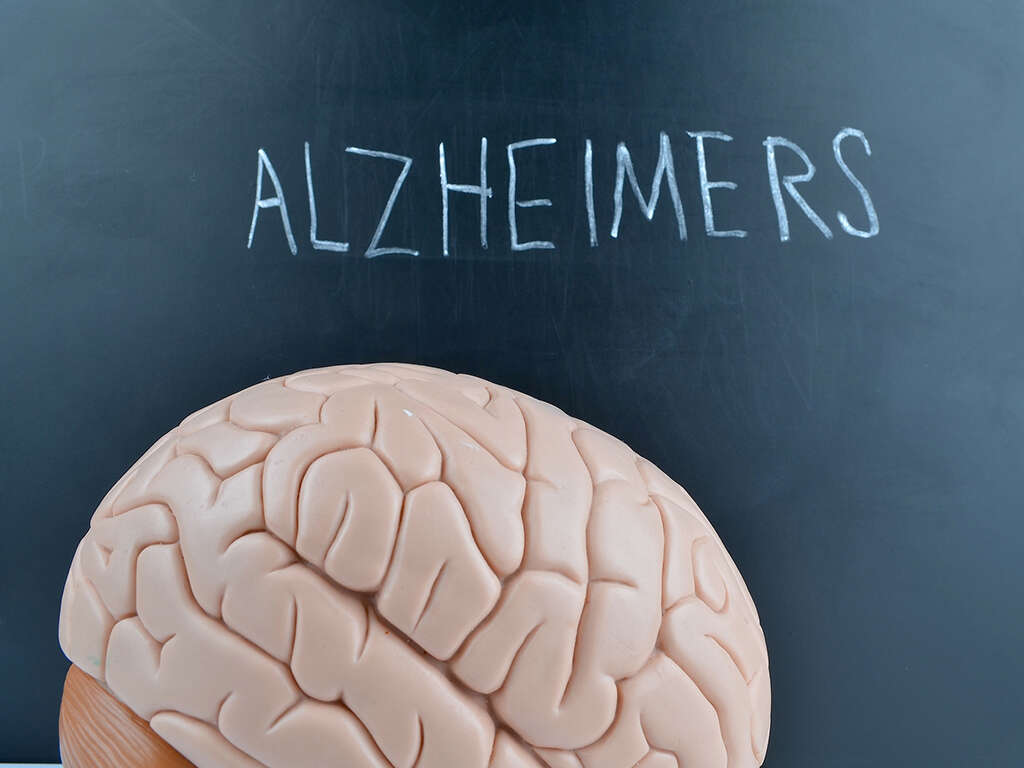10 Psychotic Episode Symptoms
A psychotic episode, or psychosis, is characterized as a break from reality. It may be associated with an array of mental illnesses. In the United States, 100,000 young people experience a psychotic episode annually. In fact, every three people out of 100 experience a psychotic episode at least one time in their lives.1‘Psychosis.’ National Alliance on Mental Illness, 2021, nami.org/About-Mental-Illness/Mental-Health-Conditions/Psychosis
While psychosis is, in itself, a symptom, there are some indicators that an episode may be imminent. Knowing the symptoms of psychosis may let individuals get the help they need quickly to better manage the onset of this sometimes frightening issue.
Trouble Thinking Clearly
A common symptom of an impending psychotic episode is an inability to think clearly or concentrate on one thing at a time.1‘Psychosis.’ National Alliance on Mental Illness, 2021, nami.org/About-Mental-Illness/Mental-Health-Conditions/Psychosis This may be subtle or extremely pronounced depending on the individual's usual disposition.
This symptom may manifest in behavioral changes or disjointed communication, both of which can indicate that a psychotic episode may be imminent. Picking up on these clues may provide an opportunity for intervention before the onset of more severe symptoms or behavioral changes. When caught early enough, it may be possible to slow, stop or even reverse psychosis effects.1‘Psychosis.’ National Alliance on Mental Illness, 2021, nami.org/About-Mental-Illness/Mental-Health-Conditions/Psychosis
Decline in Self Care
This symptom can be especially poignant if the individual is usually meticulous about hygiene and self-care. A marked decline in self-care, including showering regularly, grooming and dressing, may indicate a psychotic episode.1‘Psychosis.’ National Alliance on Mental Illness, 2021, nami.org/About-Mental-Illness/Mental-Health-Conditions/Psychosis
One of the reasons this symptom may manifest the way it does is because the individual isn't thinking clearly as psychosis begins. They may lack the self-awareness necessary to recognize these changes as psychosis. The more disconnected they become from reality, the harder it can be for them to see what's happening.

Emotional Shifts
Those on the brink of a psychotic episode may experience intense feelings about everything or no feelings at all. They can also have strange feelings that seem foreign or unusual.2‘RAISE Questions and Answers’ National Institute of Mental Health, nimh.nih.gov/health/topics/schizophrenia/raise/raise-questions-and-answers Individuals may also experience inappropriate emotions.1‘Psychosis.’ National Alliance on Mental Illness, 2021, nami.org/About-Mental-Illness/Mental-Health-Conditions/Psychosis
Family or friends commonly notice such symptoms first and can provide avenues for the person to get help.2‘RAISE Questions and Answers’ National Institute of Mental Health, nimh.nih.gov/health/topics/schizophrenia/raise/raise-questions-and-answers This is one of the reasons having a support system in place is imperative for those prone to psychotic episodes.
Isolating
Isolating is another sign of a possible psychotic episode, especially if the individual in question doesn't typically isolate from other people. The process of isolating may consist of spending less time on social endeavors, such as hanging out with friends.2‘RAISE Questions and Answers’ National Institute of Mental Health, nimh.nih.gov/health/topics/schizophrenia/raise/raise-questions-and-answers
It may also consist of withdrawing from everyone in the person's life, including family. This can be an obstacle to mental wellness because it means that those closest to the person may not know how much or how fast they're deteriorating.

Paranoia
Suspicion of other people or paranoia is another common sign associated with a psychotic episode.1‘Psychosis.’ National Alliance on Mental Illness, 2021, nami.org/About-Mental-Illness/Mental-Health-Conditions/Psychosis This paranoia may manifest in small ways, such as a belief in conspiracy theories, or that others are acting against the person.
The more these feelings intensify and seem real to the person dealing with psychosis, the more imperative it becomes to get them help. Paranoia can sometimes lead to dangerous behavioral patterns during periods of psychosis.
Changes in Work or Study Habits
Changes in performance at work or a drop in grades are other possible indicators of a psychotic episode.2‘RAISE Questions and Answers’ National Institute of Mental Health, nimh.nih.gov/health/topics/schizophrenia/raise/raise-questions-and-answers This can happen because the person can no longer concentrate effectively, or they lose interest in the things that once brought them satisfaction.
A history of psychosis or existing mental illness can help in determining if these changes may be due to the manifestation of a psychotic episode. This is a diagnosis best rendered by a mental health professional.

Hallucinations
When an individual sees or hears things that aren't really there, known as hallucinations, this is an indication of a psychotic episode.2‘RAISE Questions and Answers’ National Institute of Mental Health, nimh.nih.gov/health/topics/schizophrenia/raise/raise-questions-and-answers Because the person is dealing with a break from reality, these images and sounds can seem real to them, and they may act accordingly.
Medication may be used to control this particular symptom during a psychotic episode once it's properly diagnosed by a licensed professional.
Delusions, Feelings of Grandiosity
People experiencing a psychotic episode may sometimes experience feelings of grandiosity. They may have delusions, for example, believing themselves to be God or some other important, all-knowing entity. They may believe they were sent to earth to accomplish some great mission.1‘Psychosis.’ National Alliance on Mental Illness, 2021, nami.org/About-Mental-Illness/Mental-Health-Conditions/Psychosis
Such feelings may sometimes compel the individual to act in ways that aren't aligned with reality or even in their best interest. They may cause the person to act in ways that are unsafe or reckless.

Causes of Psychosis
Psychotic episodes, or psychosis, are generally considered a symptom of an underlying mental disorder, such as schizophrenia. Depression and bipolar disorder are also common conditions that may perpetuate psychotic episodes.2‘RAISE Questions and Answers’ National Institute of Mental Health, nimh.nih.gov/health/topics/schizophrenia/raise/raise-questions-and-answers
Additional causes can include drug and alcohol use, sleep deprivation, exposure to trauma, some prescription medications and prolonged periods of extreme stress.2‘RAISE Questions and Answers’ National Institute of Mental Health, nimh.nih.gov/health/topics/schizophrenia/raise/raise-questions-and-answers There are many forms of psychosis and episodes can range in severity, so how they're addressed may be based on causes as well as a person's history.
Management of Psychotic Episodes
The most effective time to manage psychosis is in the early stages of an episode.2‘RAISE Questions and Answers’ National Institute of Mental Health, nimh.nih.gov/health/topics/schizophrenia/raise/raise-questions-and-answers Catching it early may allow mental health providers to address the symptoms before they spin out of control.
A person may receive coordinated care, which combines medication, personal goal setting, family support and psychotherapy, to address the symptoms of psychosis as well as the factors that may have contributed to the episode.1‘Psychosis.’ National Alliance on Mental Illness, 2021, nami.org/About-Mental-Illness/Mental-Health-Conditions/Psychosis Education and peer support are also important components in the management of psychotic episodes.










